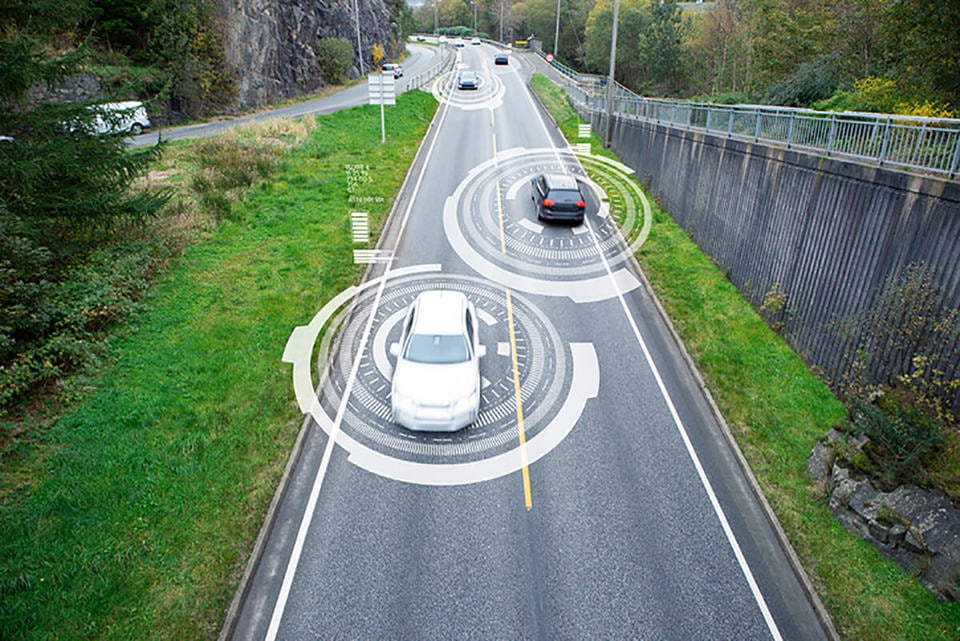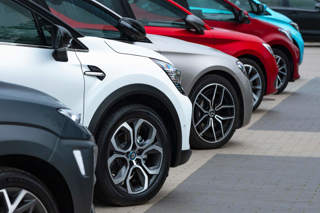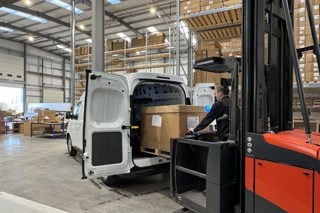The Government is being urged to incentivise the uptake of autonomous emergency braking (AEB) systems, which have the potential to significantly reduce rear-end crashes and, ultimately, save lives.
Gerry Keaney, chief executive of the British Vehicle Rental and Leasing Association (BVRLA), said: “2014 was the first time in 18 years that the number of casualties on the roads in the UK increased.”
“That should be a signal to everybody that these things do not take care of themselves automatically.
“Similarly, we saw in 2014 an increase in pedestrian accidents, and an increase in pedestrian accidents in 20mph zones. It’s exactly in that sort of environment that autonomous braking systems come into their own.”
A recent study by Euro NCAP and the Australasian New Car Assessment Programme found that low speed AEB leads to a 38% reduction in real-world rear end crashes (fleetnews.co.uk, May 15) while figures for the seventh-generation Volkswagen Golf show more than a 40% reduction in third party claims.
“Motor insurers and safety assessors have recognised the importance of AEB, as has the fleet industry,” said Keaney, who was speaking at the association’s second annual Fleet Technology Congress. “It is now time for the Government to take a lead by mandating the use of AEB-equipped cars across its own fleet and promoting wider uptake through the use of tax and other incentives.
“A progressive tax regime has helped the fleet sector achieve huge cuts in CO2 emissions. With the right support it could deliver similar reductions in the number of people killed or injured in road accidents.”
The BVRLA’s call comes as it publishes the findings of its latest Fleet Technology Survey, which collated the views of more than 150 fleet managers, rental operators and leasing companies.
It showed that the vast majority of respondents are cautious about adopting new technology, with only around a third (34%) describing themselves as ‘early adopters’.
“The majority of respondents want to let someone else get their fingers burnt,” said Keaney. “They are very keen, very enthusiastic, but they are more cautious in terms of the timescales within which they will adopt these technologies.”
Respondents suggested that safety would become more important in vehicle choice, with AEB and in-car videos being named as key safety technologies by 2020.
“The only factor we see going down is the choice of brand,” said Keaney.
“Leasing and rental companies thought brand was much more important than fleet operators, who are attaching more importance to emissions, fuel efficiency and safety.”
Autonomous driving and safety technologies were described as having one of the most positive impacts on the fleet industry, second only to ultra-low emission powertrains.
Andrew Miller, chief technical officer at Thatcham Research, also speaking at the conference, added: “Those that are choosing AEB are seeing benefits already.
“Know the value to you as fleet owners in terms of increased mobility, lower downtime and increased safety for employees.”






















Login to comment
Comments
No comments have been made yet.